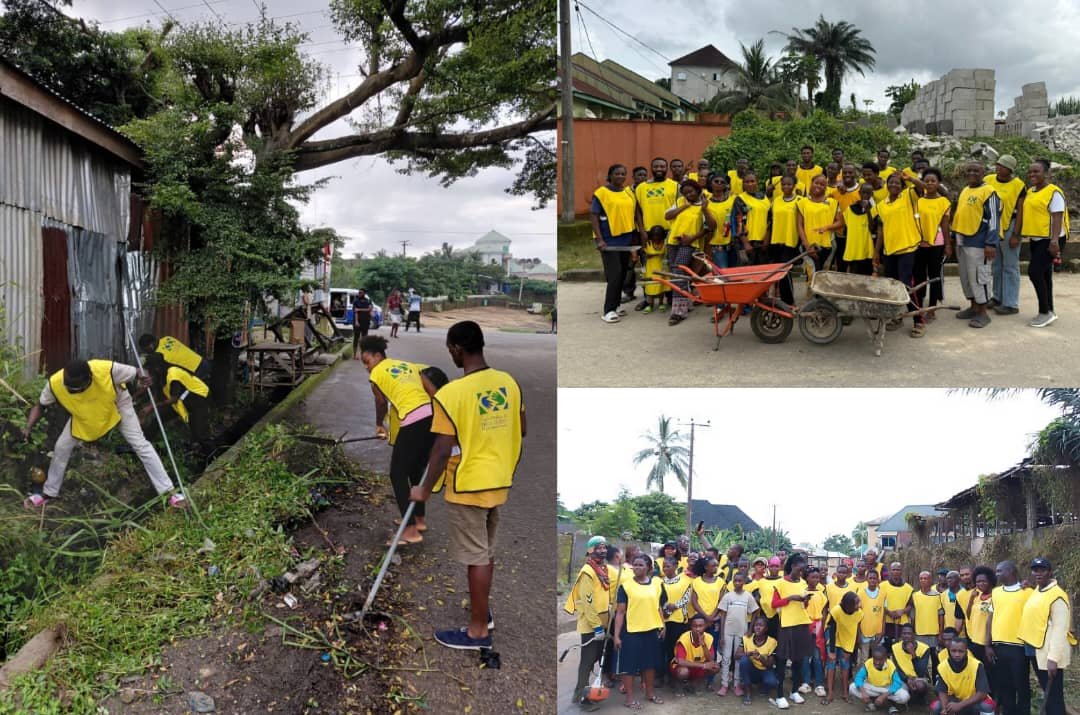Dr. Tope Fasua, Special Adviser to President Bola Tinubu on Economic Affairs, has drawn attention to the complexities of poverty measurement and defended the value of the naira in local contexts, despite its high exchange rate against the dollar.
Speaking on the Mic On Podcast with journalist Seun Okinbaloye, Fasua addressed the frequent misinterpretation of global poverty indices, particularly the concept of multi-dimensional poverty.
“Some people don’t understand what multi-dimensional poverty means,” he said. “They think it’s worse than food poverty. But it could simply mean the school your child attends is far away, or the nearest hospital isn’t accessible. That’s what qualifies someone as multi-dimensionally poor.”
He argued that the naira, though weak in foreign exchange markets, still carries significant purchasing power within Nigeria.
“$1 is about N1,500. That’s a lot of money for many Nigerians. In the U.S., $10 may not even buy you lunch. Sometimes you need at least $20 – that’s around N30,000 here,” Fasua explained.
Using relatable examples, he illustrated how modest amounts of money still go a long way in Nigeria.
“With $5, which is N7,500, you can get a good meal if you’re not eating at high-end restaurants. In Gwarinpa, there are people selling Boli and fish for N1,500. It depends on where you’re coming from,” he said.









